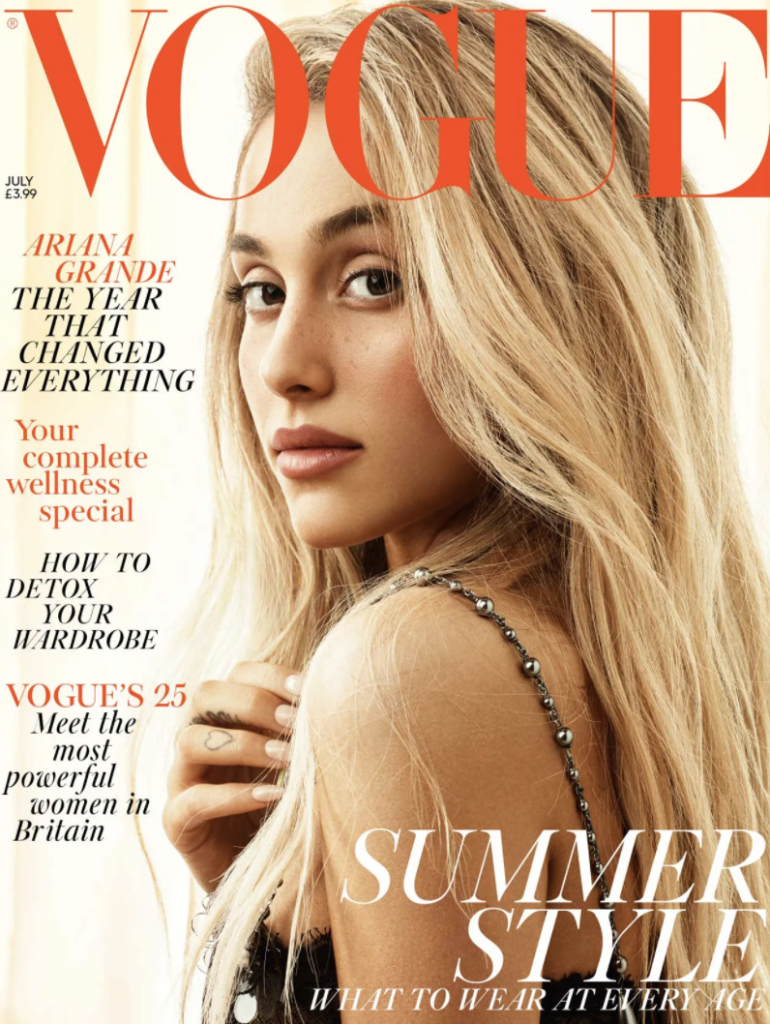This week, pop-star Justin Bieber revealed his new hairstyle. Unfortunately, it’s dreadlocks.
After he posted a picture with his new hairstyle, many criticized Bieber’s new look and accused him of racial insensitivity and cultural appropriation.
The criticisms of his hair are not the only the 27-year-old has received in recent months. His new album, “Justice,” included a two-minute speech from Martin Luther King, Jr., titled the “MLK Interlude.” Bernice King, Rev. King’s daughter, endorsed the track after Bieber voiced his support for the Martin Luther King Jr. Center and other social justice organizations. The organizations he endorsed expressed their gratitude, but others labeled his intentions as “well-meaning but empty.” Still, Bieber’s reliance on Black culture and cultural references highlights his ability to benefit from Blackness when he deems appropriate, while still maintaining white privilege.
It even seems as though Bieber is aware of his exploitation of Black culture. Previously, he said that he is “very influenced by Black culture” and has “benefited off of [it].” Although he has positioned himself as an ally to the Black community, many believe that his hairstyle is proof that he has regressed and doesn’t understand where to draw the line.
Similar to Bieber, Ariana Grande is frequently accused of blackfishing, “an act commonly perpetrated by white women to appear of African or Arab ancestry,” according to The Tab. During Grande’s transition from a Nickelodeon child star to now, her skin tone has gradually darkened to the point where some are alarmed when they find out her racial identity (just in case it wasn’t clear—white).
Although Grande has adopted a fake tan and “blaccent,” she chooses when to switch the Blackness on and off. The MTV Awards,? On. The cover of Vogue magazine? Off.

The timing of Grande’s race-shifting efforts are a perfect example of the difference between racial appropriation and appreciation. Adopting the features and vernacular of Black women with intentions of profiting off of the look and demographic is appropriation. Appreciation, however, is far less intrusive and is simply enjoying a culture respectfully without pretending to be a part of that culture. The distinction is critical.
The ability to profit off of Black culture but return to their original identity when convenient is a phenomenon prevalent among white artists. While Bieber and Grande can tiptoe between races with ease, Black people are constantly criticized for their hair, and mannerisms that others are using freely and with limited repercussions. If anyone is to reap the benefits of Black culture, it should be those who breathed life into it.






